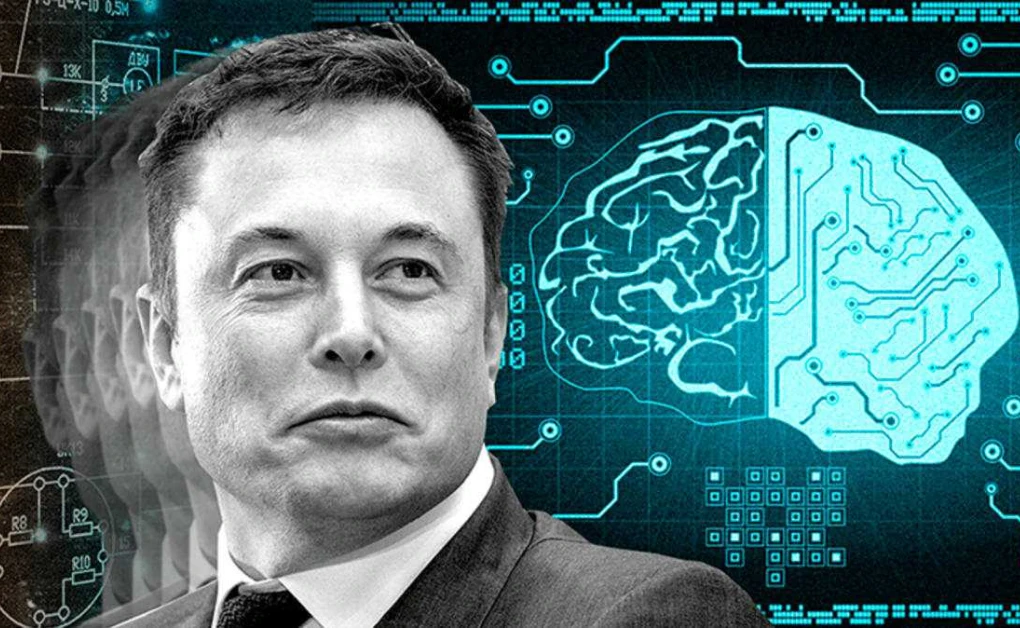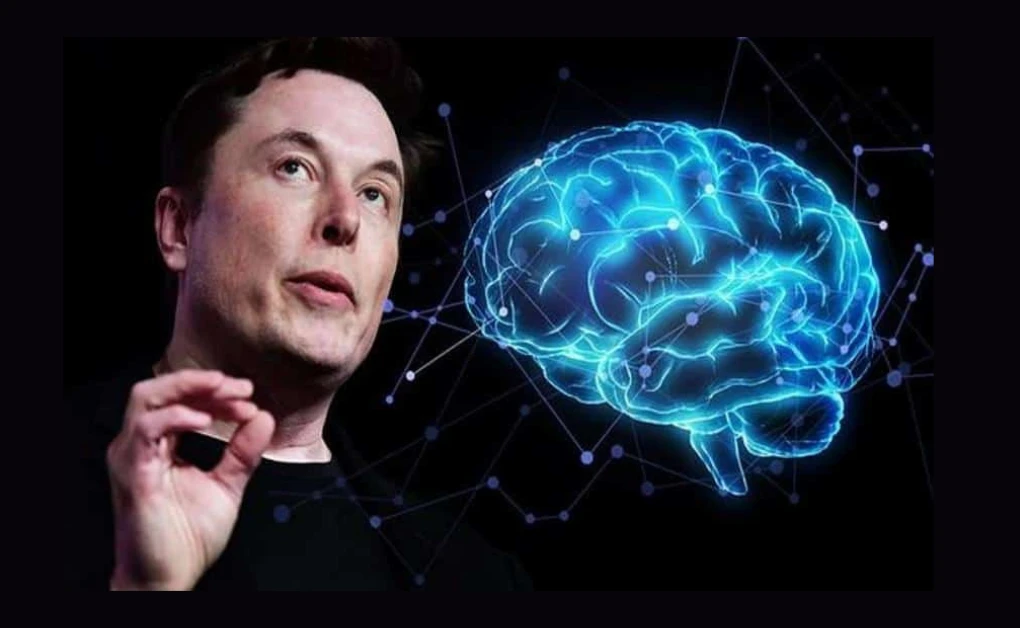Now Reading: Elon Musk IQ Explained: Facts, Estimates, and the Real Story
-
01
Elon Musk IQ Explained: Facts, Estimates, and the Real Story
Elon Musk IQ Explained: Facts, Estimates, and the Real Story

Few figures in modern history have captivated the world quite like Elon Musk. As the founder of Tesla, SpaceX, Neuralink, and other groundbreaking ventures, Musk is often regarded as one of the most innovative minds of our time. With his achievements ranging from electric vehicles to private space exploration, people frequently wonder: What is Elon Musk IQ?
The curiosity around “Elon Musk IQ” isn’t just about numbers-it’s about understanding how intelligence, creativity, risk-taking, and vision combine to drive such remarkable success. This article explores the facts, myths, and context behind Elon Musk’s IQ, examining whether traditional IQ scores can capture the genius of one of today’s most influential entrepreneurs.
What Does IQ Actually Measure?
Before analyzing Elon Musk’s IQ, it’s important to clarify what IQ is.
IQ (intelligence quotient) is a standardized score derived from cognitive tests designed to measure problem-solving ability, logical reasoning, memory, and comprehension. The average IQ is set at 100, with most people’s IQs falling between 85 and 115. A score above 130 is often considered “gifted,” while anything above 145 is classified as “genius level.”
However, IQ tests don’t measure every type of intelligence. They tend to emphasize analytical and logical reasoning, while often neglecting the creativity, emotional intelligence, adaptability, and vision-building qualities that Musk is widely known for.
Has Elon Musk’s IQ Ever Been Officially Tested?
The short answer is no – there is no verified public record of Elon Musk taking a formal IQ test. Unlike some celebrities or historical figures whose scores have been documented, Musk has never released his IQ score, nor has it been published in any credible source.
This has not stopped speculation. Many analysts, journalists, and fans speculate that, based on his demonstrated ability to master complex concepts, innovate across industries, and lead groundbreaking companies, Elon Musk’s IQ is likely in the 155-160 range.
Why People Believe Elon Musk’s IQ Is Exceptionally High

There are several reasons why discussions about Elon Musk IQ often place him in the “genius” category:
Early Intellectual Curiosity
As a child in South Africa, Musk displayed an unusual interest in technology and science. He taught himself programming at the age of 12 and developed a video game called Blastar, which he sold for $500-a sign of both intellectual and entrepreneurial talent.
Diverse Knowledge Across Fields
Unlike specialists who excel in one domain, Musk demonstrates competence in multiple disciplines-physics, engineering, computer science, business, and even neuroscience. This “polymathic” ability suggests not just intelligence, but the capacity to learn and apply knowledge quickly.
Problem-Solving at Scale
From rethinking rocket reusability at SpaceX to developing global EV infrastructure with Tesla, Musk tackles problems that others deemed impossible. His solutions often disrupt entire industries, which implies advanced abstract reasoning and systems thinking.
Self-Education
Musk has often said that he read a lot, sometimes up to 10 hours a day, in his youth. He learned rocket science primarily by reading textbooks and interacting with experts, demonstrating not only high intelligence but also a remarkable capacity for self-education.
Visionary Thinking
IQ tests don’t capture visionary imagination, yet Musk’s ability to conceptualize colonizing Mars or integrating AI with human brains shows an unusual blend of analytical ability and creative foresight.
Estimated Range: Is Elon Musk’s IQ 155–160?
Most informal estimates place Elon Musk’s IQ at around 155 to 160. For context:
- Albert Einstein is often estimated at around 160.
- Stephen Hawking reportedly scored around 160 as well.
- Average Nobel Prize winners tend to score in the 145–160 range.
If these estimates are accurate, Musk falls comfortably within the “genius” category. Still, it’s crucial to emphasize that these are educated guesses, not verified results.
Elon Musk IQ vs. Other Innovators
Comparisons often fuel discussions about Elon Musk’s IQ. Here’s how he stacks up against other famous thinkers (again, based on estimates, not official tests):
- Steve Jobs: Estimated IQ around 160; known for creativity and design-driven innovation.
- Bill Gates: Estimated IQ around 160; excelled in mathematics and computer science.
- Jeff Bezos: Estimated IQ around 150; focused on e-commerce and scalable business models.
- Mark Zuckerberg: Estimated IQ around 152; notable for programming skills and social networking vision.
Musk’s versatility across multiple industries makes his case unique. While Jobs, Gates, and Bezos made lasting impacts in one core domain, Musk simultaneously drives progress in energy, transportation, aerospace, and AI.
Beyond IQ: Other Types of Intelligence Musk Demonstrates
While the fascination with Elon Musk IQ is understandable, limiting the conversation to a number misses the bigger picture. Musk’s success also reflects other forms of intelligence:
- Creative Intelligence
His vision for colonizing Mars, creating the Hyperloop, and merging AI with the human brain (Neuralink) shows immense creative thinking. - Emotional Intelligence (EQ)
While often criticized for his blunt communication style, Musk inspires thousands of employees and millions of followers, showing leadership skills tied to emotional influence. - Practical Intelligence
Turning abstract ideas into functioning products-electric cars, reusable rockets, solar energy systems-demonstrates strong applied problem-solving. - Risk Intelligence
Musk has repeatedly risked his fortune on ventures others considered impossible. His willingness to stake everything on Tesla and SpaceX highlights not only confidence but an advanced sense of calculated risk.
Criticisms of the Elon Musk IQ Narrative
Not everyone agrees with celebrating Elon Musk IQ as a marker of his genius. Critics argue:
- IQ is limited: A single score cannot capture vision, creativity, or resilience.
- Team effort matters: Musk employs some of the smartest engineers and scientists in the world; his achievements are collaborative, not solo efforts.
- Personality traits play a role: Determination, resilience, and even stubbornness may be more important than IQ alone.
This suggests that while Musk is undoubtedly intelligent, his success also stems from personality, leadership, and sheer persistence.
Lessons from the Elon Musk IQ Debate
- High IQ Helps, But Isn’t Everything
IQ may give an edge in problem-solving, but success also requires creativity, emotional resilience, and vision. - Self-Learning Is Powerful
Musk exemplifies how curiosity and independent learning can rival formal education. - Think Big
Musk’s genius lies not just in solving problems, but in redefining what problems are worth solving, like transitioning the world to sustainable energy or colonizing Mars. - Collaboration Wins
Even with extraordinary intelligence, no one changes the world alone. Musk’s partnerships with brilliant engineers and innovators are central to his accomplishments.
The Real Story Behind Elon Musk IQ
The fascination with Elon Musk IQ highlights our cultural obsession with quantifying intelligence. Yet Musk himself rarely talks about IQ scores. Instead, he emphasizes hard work, curiosity, and problem-solving.
In interviews, Musk often attributes his success not to raw intelligence, but to reading widely, asking the right questions, and staying focused on solving humanity’s most pressing problems.
In other words, while his IQ may indeed be very high, the “real story” is that Musk’s impact comes from how he applies his mind, not from the number itself.
Conclusion
So, what is Elon Musk’s IQ? The truth is, we don’t know the exact number-and it may not matter. While estimates place him in the 155–160 “genius” range, what truly sets him apart is how he leverages intelligence with vision, creativity, and relentless determination.
The story of Elon Musk IQ is less about a score and more about a mindset: the willingness to learn endlessly, tackle impossible challenges, and inspire global change. Whether or not Musk’s IQ rivals Einstein’s or Hawking’s, his legacy lies in shaping the future of humanity through innovation.
For anyone fascinated by intelligence and achievement, the lesson is clear: IQ may open doors, but it’s curiosity, persistence, and courage that change the world.
You can also read more relevant article : Essential Skills Every Professional Needs for Success in 2024






















